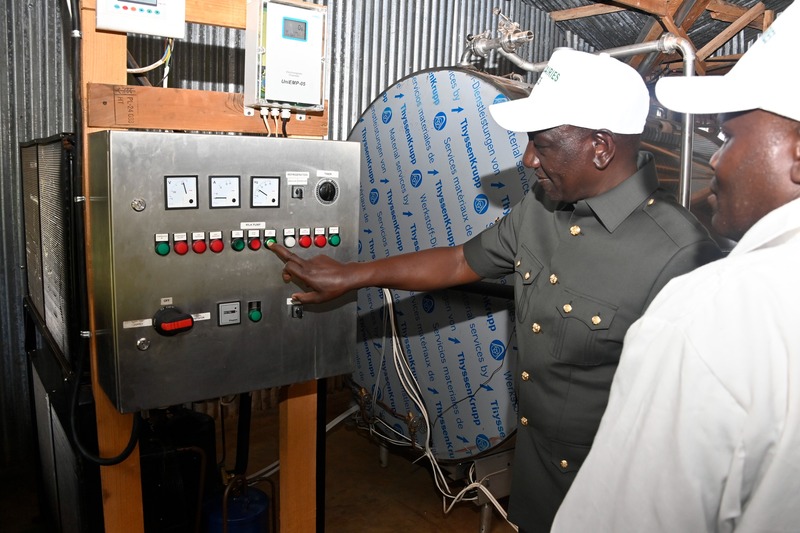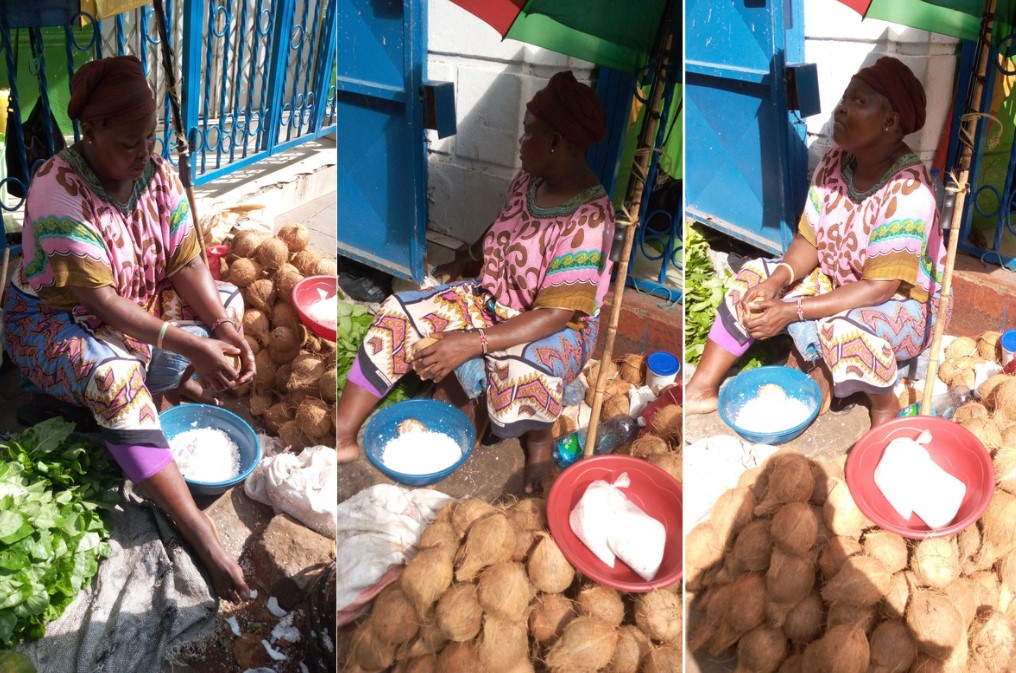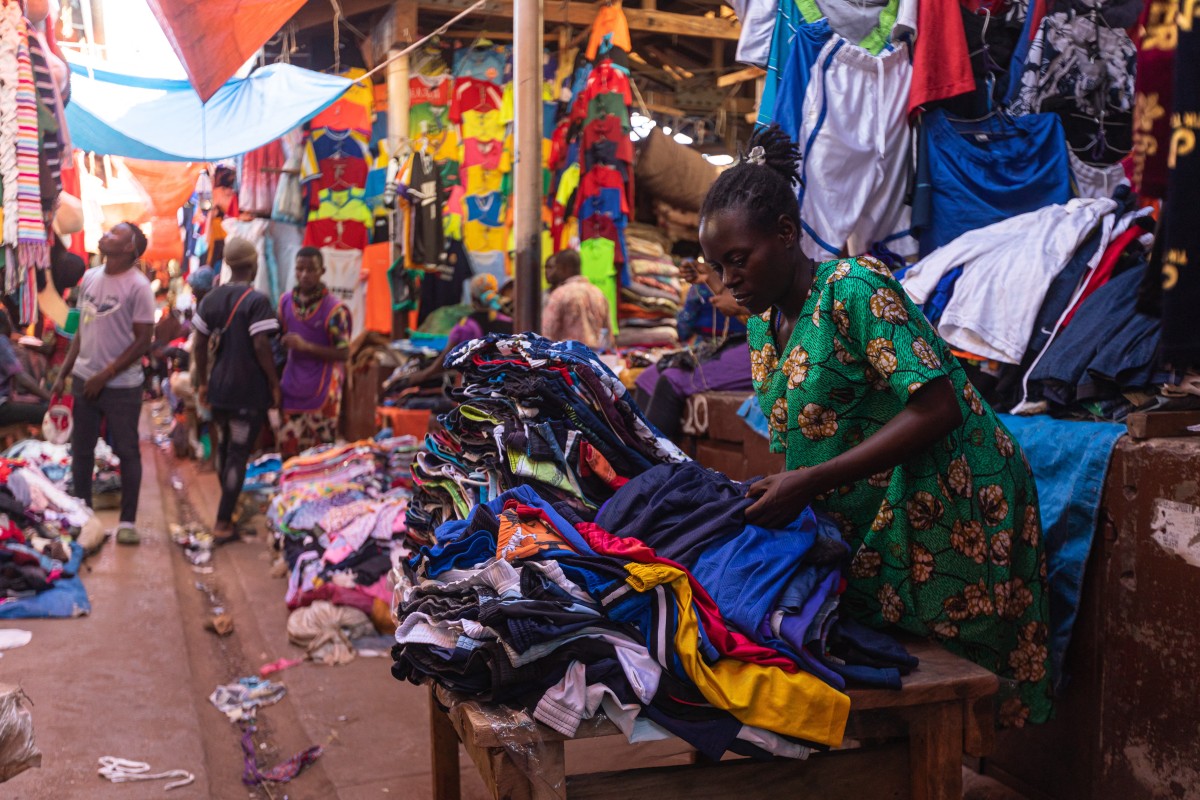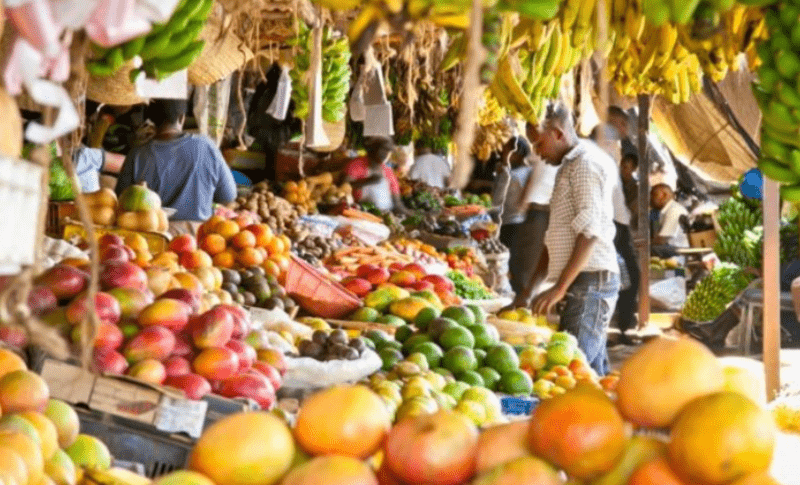State to install milk coolers across all wards to boost Kenya's dairy production
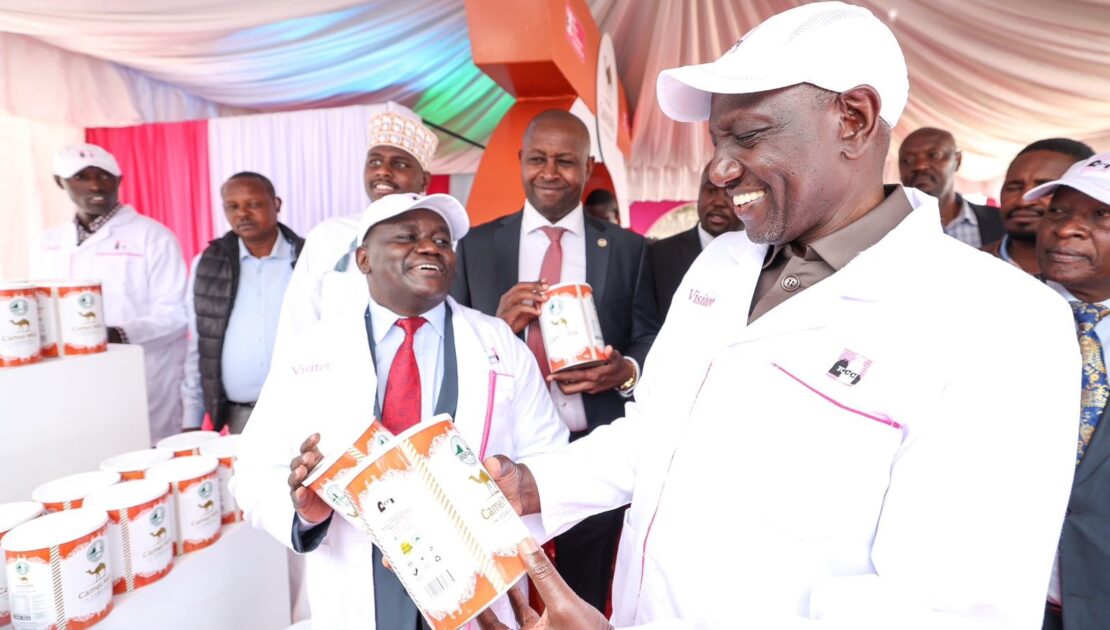
By Amina Wako |
Plans are underway to establish a Sh3 billion milk price-stabilising fund, implemented by the New KCC.
The state has pledged to install milk coolers in all wards across the country as part of the modernisation programme for Kenya Co-operative Creameries (KCC) facilities.
This announcement comes as a relief for dairy farmers who have long struggled with challenges such as storage, milk preservation, high feed costs, and limited access to markets.
Keep reading
Co-operatives & Small, Micro and Medium Enterprises Cabinet Secretary, Simon Chelugui, emphasised the government's commitment to eliminating middlemen who exploit farmers by purchasing milk at low prices in rural areas and then selling it at higher prices in the market.
He acknowledged the difficulties faced by dairy farmers and highlighted the importance of addressing issues related to storage, preservation, and market access.
"In our plan, we have identified the dairy and livestock economies as sub-sectors with the quickest economic turnaround time, and they will become key drivers in improving food security, creating jobs, and boosting exports," stated Chelugui.
Stabilisation fund
The government plans to distribute 650 milk coolers to enhance storage capabilities for farmers. Additionally, plans are underway to establish a Sh3 billion milk price-stabilising fund, implemented by the New Kenya Cooperative Creameries (KCC), a government-owned entity.
"The government will mop up the milk, convert it into powder milk, package it, and store it in the Strategic Food Reserve. As soon as we get to January, even the private processors will be free to buy the same dry milk at a price the regulator will provide," added Chelugui.
The stabilisation fund absorbs excess milk from farmers, ensures a stable market price, and prevents exploitation by middlemen. Chelugui emphasised that this intervention does not disrupt regular dairy processing activities but rather aims to manage surplus production during periods of glut.
With current favourable weather conditions contributing to increased milk production, the government aims to use the stabilisation fund to convert excess milk into long-life products stored in the Strategic Food Reserve. During dry seasons, the government can release this stored powdered milk into the market, providing a buffer against fluctuations in supply.
Chelugui urged private processors to follow suit and purchase excess milk from farmers for conversion into powder.
Milk prices
The dairy subsector faces various challenges, including high breeding costs, disease prevalence, limited value addition, and low market access. It is expected that the government's focus on stabilizing prices and creating a strategic food reserve will address some of these issues.
The New KCC will play a crucial role in stabilising both producer and consumer milk prices. Chelugui announced that the minimum price for milk purchased from farmers will be Sh45 per litre, aiming to curb exploitation and ensure fair returns for farmers.
"The government’s resolve is to protect dairy farming like any other business in the country. The minimum price of buying milk is fair and enables farmers to earn good returns despite the high cost of operation," affirmed Chelugui.
The government has already disbursed Sh500 million as part of the stabilisation fund, with additional funds expected before the end of January.
The CS reaffirmed the government's commitment to protecting the dairy sector and lamented the negative impact of unscrupulous traders on milk production.
To counter the challenges hindering milk production, the government is actively working with farmers' cooperative societies and has secured markets for Kenyan milk, including in the Middle East.
Efforts are also being made to address the lack of storage facilities, which has hindered both the quality and quantity of milk production.
"Lack of storage facilities is among the challenges that have hindered the production of quality and sufficient milk in Kenya. We are working with the Ministry of Agriculture to ensure that we have the capacity of milk that meets the internal demand," stated the CS.
Reader comments
Follow Us and Stay Connected!
We'd love for you to join our community and stay updated with our latest stories and updates. Follow us on our social media channels and be part of the conversation!
Let's stay connected and keep the dialogue going!












